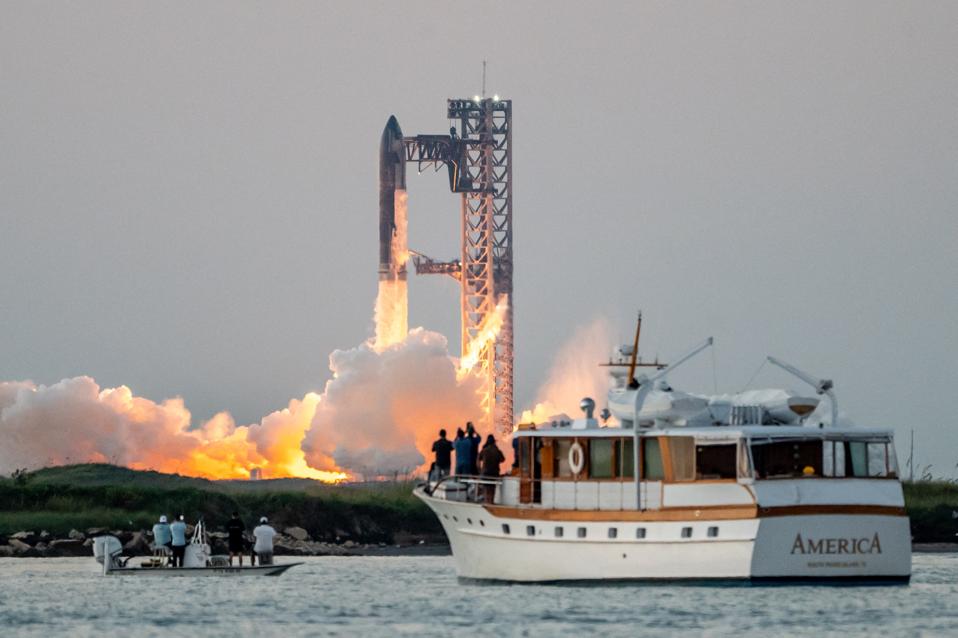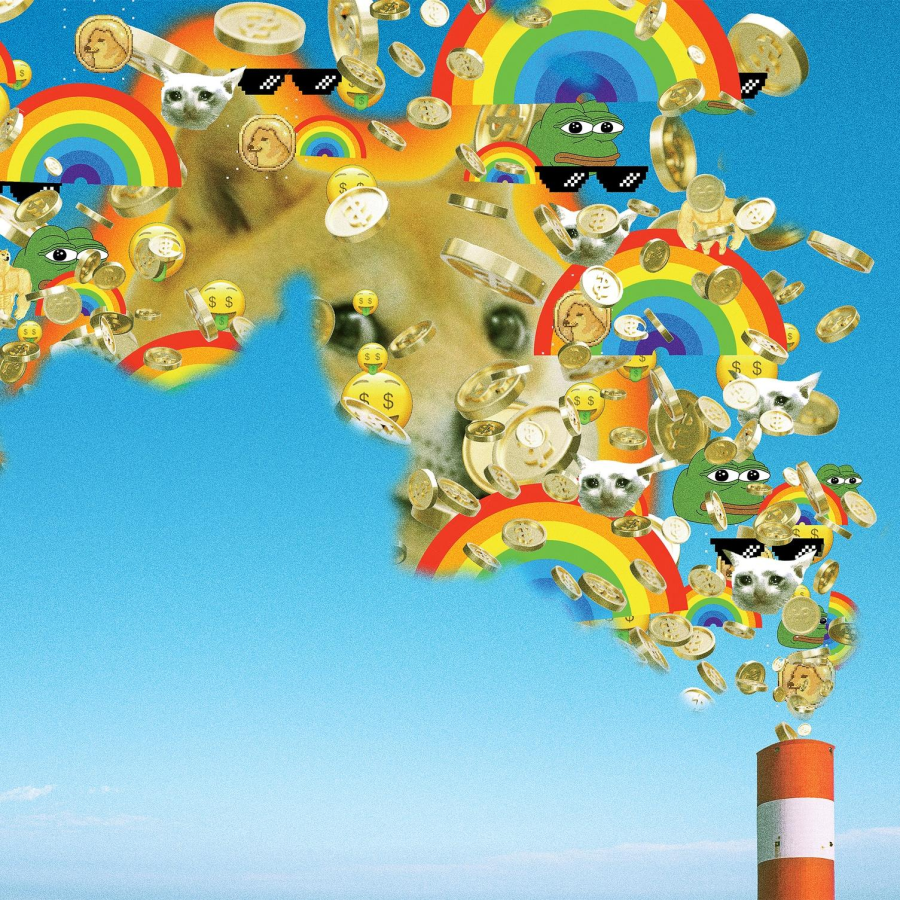Five Australian companies made the long list of top 70 worst corporate crises to hit public companies over the last 40 years, while two made the unlucky top 13.
Key Takeaways
- The worst three corporate crises resulted in the companies going out of business.
- 80% hit by a crisis experienced a share-price drop, with the median dip being 12%.
- Share prices took 60 days to recover, on average. But some never did.
- The mining and materials sector experienced the highest average share price drop during a crisis (22%), followed by retail (18.5%) and travel (17.5%).
- Crises with casualties had the largest share-price dip (24.4% average) followed by environmental damage (23.4%).
- The deeper the crisis, the more likely that C-suite heads rolled.
- Sometimes humour can be a FCKing great way out of a crisis.
| Rank | Company | Market Cap Loss ($ Billion) | Revenue Loss ($ Billion) | Percentage Loss | Scandal Description |
|---|---|---|---|---|---|
| 1 | Insys Therapeutics | NA | NA | 100% | Opioid addiction crisis 2018 |
| 2 | Malaysian Airlines | NA | NA | 100% | Disappearance flight MH370 & shooting down of MH17 over Ukraine 2014 |
| 3 | Union Carbide | NA | NA | 100% | Bhopal gas disaster 1984 |
| 4 | BP Oil | $62 | $31 | 50% | Gulf oil refinery explosion and oil spill 2010 |
| 5 | VW | $167 | $103 | 38% | Emissions scandal 2015 |
| 6 | Equifax | $135 | $88 | 35% | Data breach |
| 7 | Star Entertainment Group | $2.5 | $1.6 | 35% | Casino license issue 2021 |
| 8 | Balenciaga (Kering) | $559 | $368.3 | 34% | Advertising scandal for child abuse imagery 2021 |
| 9 | SenseTime Group | $3.3 | $2.2 | 33% | Investment blacklist over its alleged links to the Chinese military 2022 |
| 10 | Ardent Leisure | $2.4 | $1.7 | 31% | Dreamworld accident and resultant deaths 2016 |
| 11 | Zoom | $478 | $341 | 29% | Privacy and security concerns 2020 |
| 12 | Tesla | $337 | $242 | 28% | Bankruptcy and production issues 2016/2018 |
| 13 | Vale | $11.8 | $8.9 | 25% | Brazil dam collapse 2019 |
The Crisis Value Erosion Index compiled by communication consulting firm SenateSHJ, analysed the financial impacts of crises on 70 listed companies over the last 40 years, looking at such corporate doozies as the 2010 BP Deepwater Horizon oil spill in the Gulf of Mexico and multiple Facebook privacy issues.
Five Australian companies made the longlist of top 70 worst crises with the Star Entertainment Group money laundering scandal of 2020-2021 topping the list in terms of share-price losses.
Worst Australian Corporate Crises by $ Value
| Australian companies | Initial Value ($B) | Current Value ($B) | Value Decrease (%) | Cause |
|---|---|---|---|---|
| Star Entertainment | $2.5 | $1.6 | 35% | Gambling regulation and compliance issues 2021 |
| Crown Resorts | $13.0 | $8.6 | 34% | Gambling regulation and compliance issues 2021 |
| Ardent Leisure | $2.4 | $1.7 | 31% | Dreamworld theme park accident 2016 |
| Medibank | $3.6 | $2.5 | 31% | Data security concerns 2019 |
| News Corp | $12.1 | $10.8 | 10% | Inappropriate comments 2021 |
| DGL Group | $1.3 | $1.2 | 8% | Regulatory and compliance problems 2021 |
| Rio Tinto | $94.6 | $92.3 | 2% | Juukan Gorge cave destruction |
SenateSHJ partner and head of reputation Craig Badings declines to say which of these crises he might have worked on, but is happy to talk about one which he was able to keep off the list – the Cochlear implant recall of 2011.
The Australian bionic ear pioneer had found a fault in its C1500 implant after it was already in the ears of 100s of patients around the world.

“Dr Chris Roberts, the CEO at the time, contrary to some advice he had received which was, ‘You don’t have to recall it because it’s not going to hurt anyone,’” Badings says.
“He just said, ‘If we’re true to our patients and our mission, then we have to recall it around the world’ … It was a massive undertaking.”
The share price dipped more than 30% to less than $50 one month after the recall was announced, but soon recovered and has increased more than sixfold in the ensuing 12.5 years.
Badings says that if Cochlear had taken the easier short-term route, it might have done long-term damage by alienating the doctors and hospitals that drive the patient decision to use such devices.
Badings nominates Rio Tinto’s handling of the Juukan Gorge scandal – which followed the mining giant’s blowing up of ancient caves in Western Australia’s Hammersley Ranges – as a classic how-not-to.
“They had four options when they took the decision to blow the caves up. The one they went for was the one that gave them … the highest iron-ore tonnage return,” says Badings. “Blowing up those caves was not illegal.” The 1972 Aboriginal Heritage Act allowed such destruction.
“You can have law, but society moves on, and in no-one’s eye was it okay to blow up 40,000-year-old caves. They didn’t consult properly. They didn’t speak to the elders. They did the legally right thing, but they didn’t do the RIGHT thing.”
The caves showed 46,000 years of occupation by humans, and plaited hair found inside had provided a 4,000-year-old genetic link to the current traditional owners.
Then, having blown up the caves, the company took 12 days to own it.
“That’s probably one of the worst responses to a crisis I’ve seen in a long time. The golden rule of crisis management is to get on the front foot. Try and input into the narrative and try to balance the narrative. Admit fault where you’re at fault.
“By the way, there’s laws in Australia that say if you say sorry you’re not legally liable. You don’t have to hide behind the lawyers who say ‘don’t apologise’.”
Rio Tinto CEO, Jean-Sebastien Jacques eventually resigned along with the head of communication and another executive.
Badings says there are three Rs of dealing with a crisis, regret, resolution and reform.
KFC FCKs up
But KFC in the UK took another route when a change to their chicken supply led to weeks of chicken shortages in their restaurants. “What they did was brilliant: not the three Rs but the three Hs: humor, humility and honesty.
“They took out a full-page ad. Instead of KFC they said FCK we’re sorry.”
“A chicken restaurant without any chicken. It’s not ideal,” the ad said. “It’s been a hell of a week, but we’re making progress, and every day more and more fresh chicken is being delivered to our restaurants.”
The ad appeared in just two publications but generated 700 news stories and rewrote the crisis management textbooks. Surveys showed the brand escaped without long-term damage.
“Not everyone can take a humorous approach,” says Badings. “When there’s injury or loss of life it’s going to fail and create a secondary crisis.”



